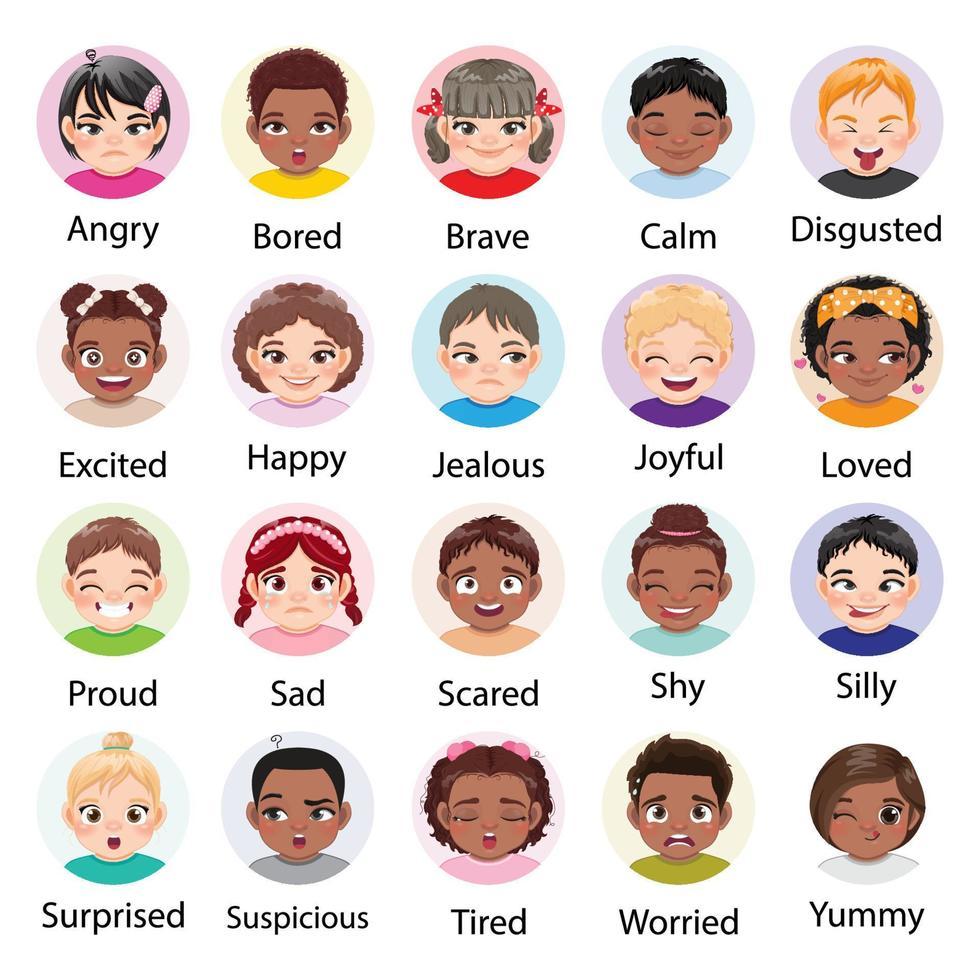Expressions are the building blocks of language, allowing us to convey emotions, ideas, and thoughts in a unique and creative way. Whether through idioms, phrases, or individual words, expressions add flavor and depth to our communication, making it more engaging, relatable, and memorable.
*Types of Expressions*
1. *Idioms*: Fixed expressions with a non-literal meaning, such as "break a leg" or "bend over backwards."
2. *Phrasal Verbs*: Verbs combined with prepositions or adverbs, like "pick up" or "get along with."
3. *Colloquialisms*: Informal expressions used in everyday conversation, such as "gonna" or "hang out."
4. *Proverbs*: Short sayings that convey wisdom or advice, like "actions speak louder than words" or "an apple a day keeps the doctor away."
*The Importance of Expressions*
1. *Cultural Significance*: Expressions often reflect the culture, history, and values of a community, providing insight into its unique perspective.
2. *Effective Communication*: Expressions help convey complex ideas and emotions in a concise and relatable way, facilitating understanding and connection.
3. *Creative Expression*: Using expressions in language adds creativity, humor, and personality to our communication, making it more engaging and memorable.
*Tips for Using Expressions Effectively*
1. *Context is Key*: Understand the context and audience to ensure the expression is used appropriately.
2. *Be Authentic*: Use expressions that resonate with your personality and tone.
3. *Practice Makes Perfect*: Familiarize yourself with common expressions to use them confidently and naturally.
*Conclusion*
Expressions are a vital part of language, enabling us to communicate effectively, creatively, and authentically. By understanding and using expressions thoughtfully, we can enhance our relationships, convey our ideas, and add flavor to our communication.

